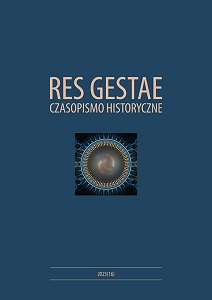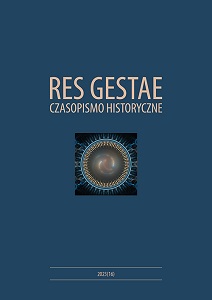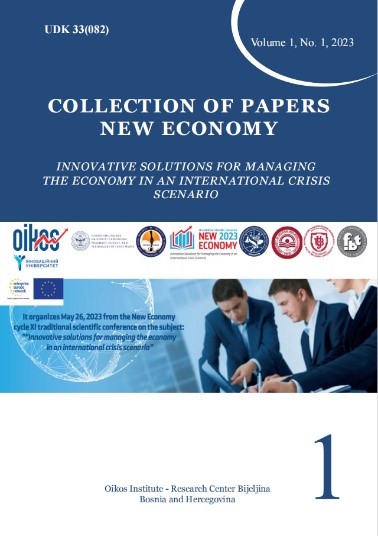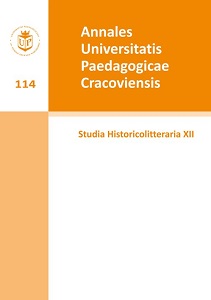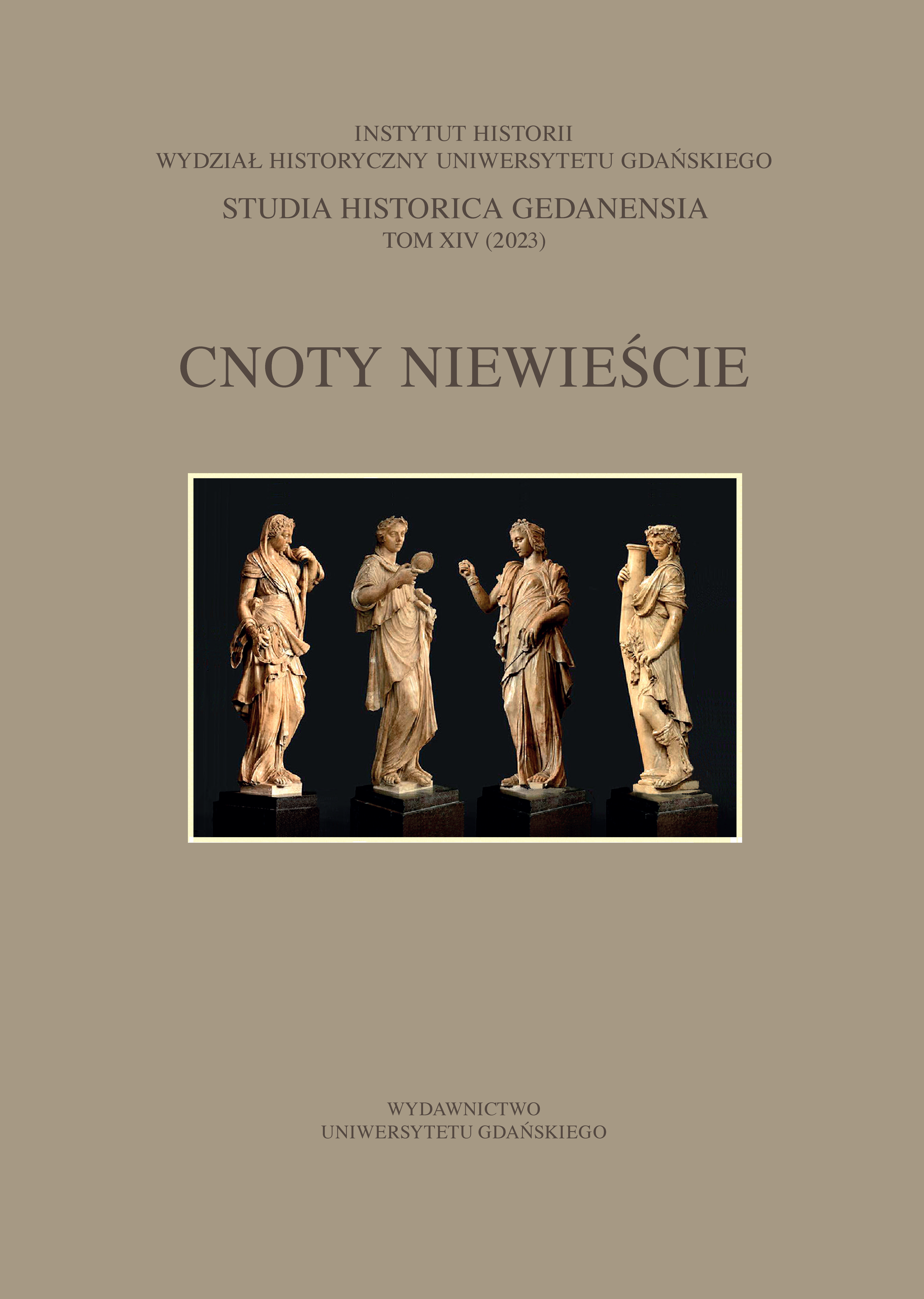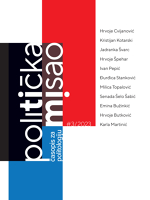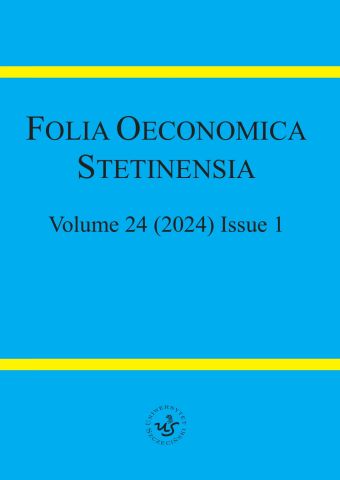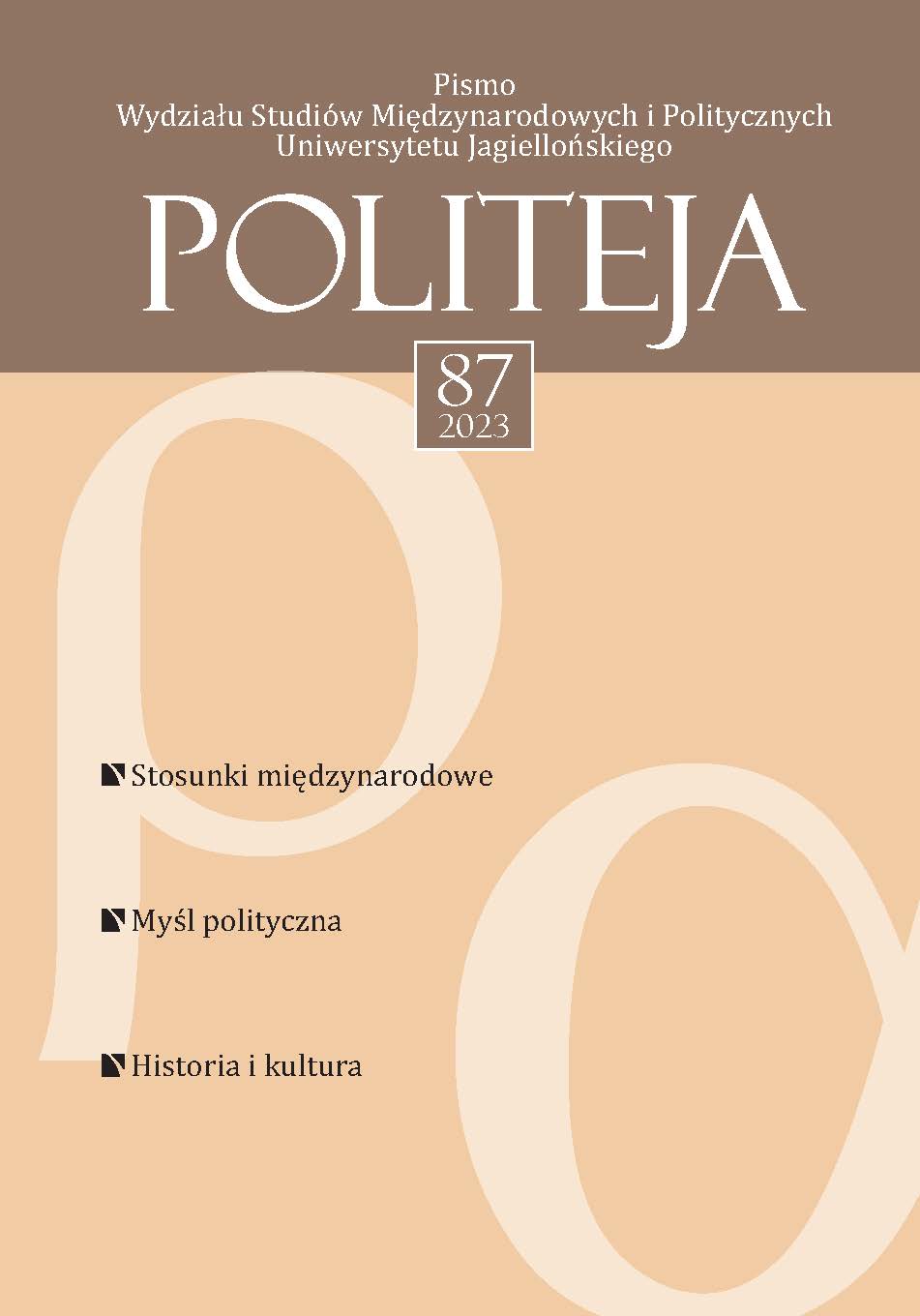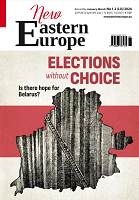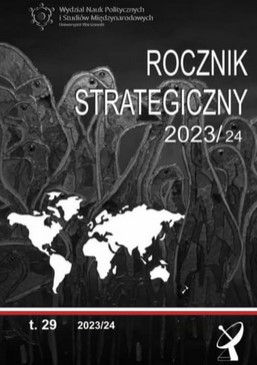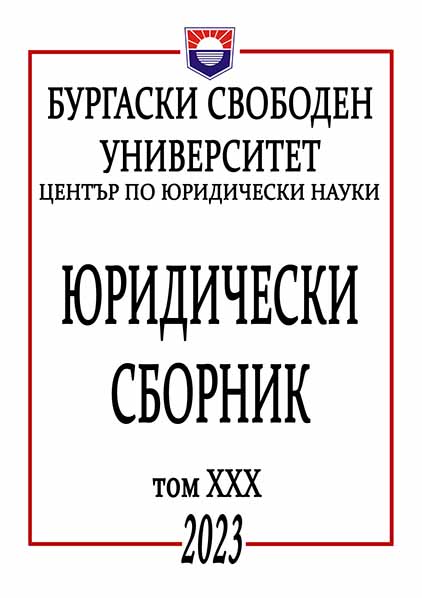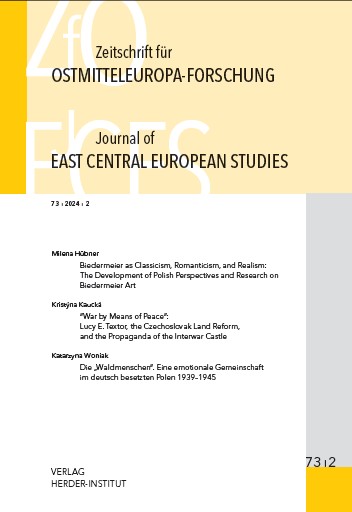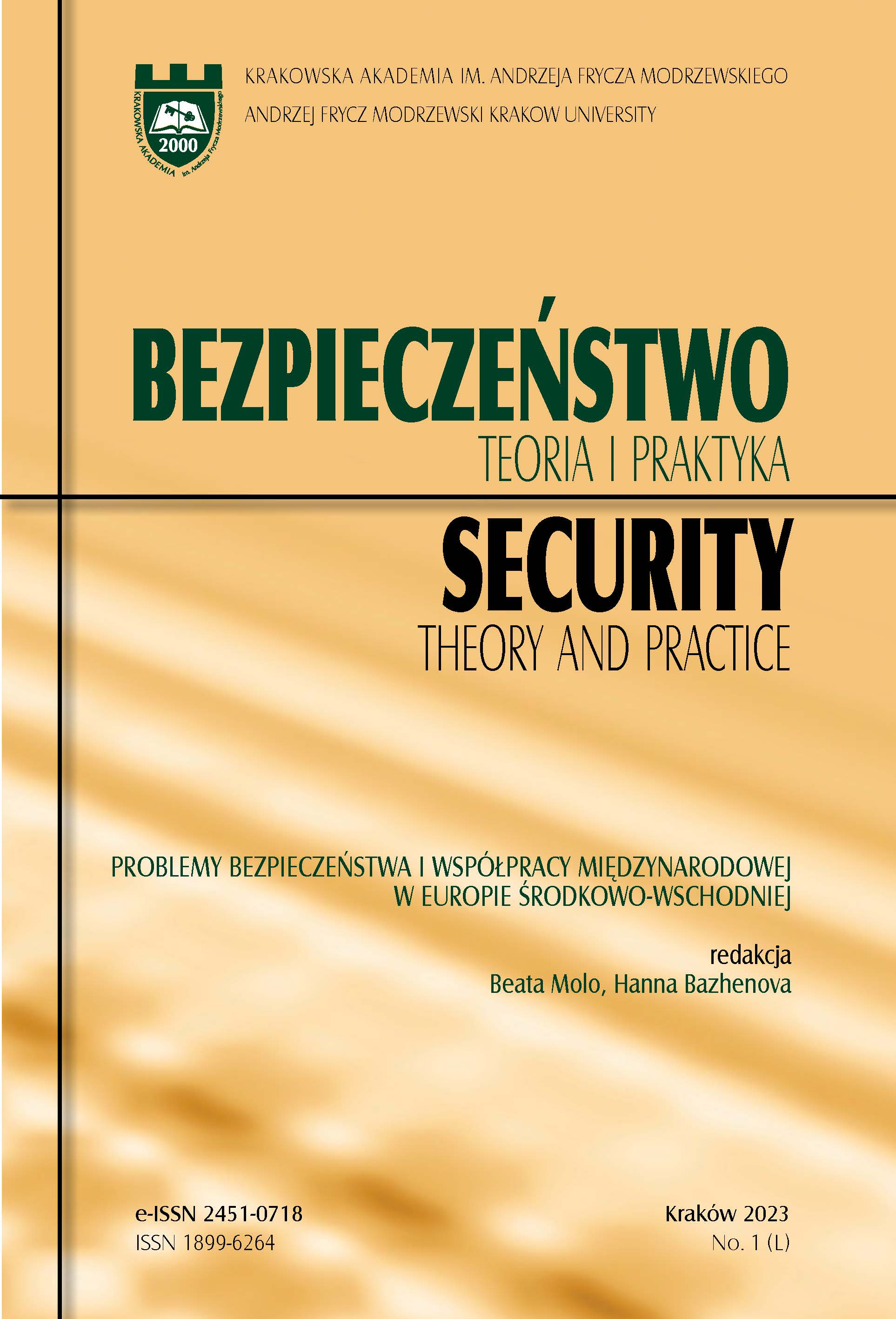
Wpływ białoruskiej presji migracyjnej w 2021 r. na bezpieczeństwo Polski. Między kryzysem humanitarnym a dezinformacją
The purpose of this article is to discuss the impact of the so-called the “migration crisis” on the Polish-Belarusian border in the second half of 2021 on the security of Poland. The text describes the attitude of Poland, Lithuania and Latvia to these events, the humanitarian crisis on the border and the attitude of the Polish authorities towards this situation, as well as the disinformation carried out against Poland and the Baltic states by the Belarusian regime, with the support of the Russian authorities. Conclusions: 1. The Belarusian migration pressure was a hybrid aggression aimed at weakening the eastern flank of the European Union and NATO. 2. Belarusian actions led to a huge humanitarian crisis, violations of human rights by the Belarusian services, as well as by the attacked countries, which, while defending their borders, acted under strong psychological and emotional pressure. 3. The introduction of the state of emergency in order to protect the border and secure the activities of the services was appropriate, but it made it much more difficult to provide help by volunteers and communicate reliable information from the area of operations.
More...

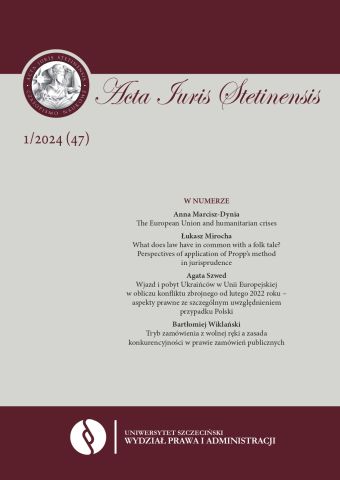
![„Naprawdę tęsknię za moim domem. Tam wszystko jest zrobione własnymi rękoma [...] wszystko będzie musiało zostać odnowione”. Radzenie sobie w kryzysie oczami wojennych uchodźczyń z Ukrainy (perspektywa wielodyscyplinarna)](/api/image/getissuecoverimage?id=picture_2023_81576.jpg)
